You’re curled up on the couch with your cat, enjoying a quiet evening, when suddenly—hic! Your feline friend jerks slightly, their tiny body trembling with each rhythmic spasm. Cat hiccups might seem odd or even amusing, but as a devoted pet parent, you’re probably wondering: Is this normal? Should I be worried? Let’s cut through the noise and dive into the science, solutions, and stories behind this quirky behavior.
As the founder of CatCareLab and a lifelong cat enthusiast, I’ve spent years studying feline quirks. From fostering kittens to consulting veterinary journals, I’ve seen firsthand how hiccups can range from harmless to health-alarming. This article isn’t just a list of facts; it’s a roadmap to understanding your cat’s body and building trust in your caregiving instincts.
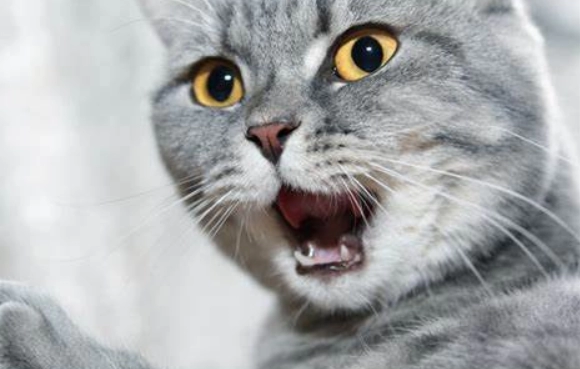
Why Do Cats Hiccup? The Science Behind the Spasms
Hiccups in cats, much like in humans, stem from involuntary contractions of the diaphragm—the muscle separating the chest and abdomen. These spasms force air through the closed glottis, creating that distinctive hic sound. But what triggers this reflex? Let’s unpack the most common causes, backed by veterinary research and clinical observations:
Eating Too Fast or Too Much
Cats who gulp food (common in multi-cat households) swallow excess air, distending the stomach and irritating the diaphragm. A 2023 study from the Journal of Feline Medicine noted that kittens bottle-fed without proper burping techniques are especially prone to hiccups due to air ingestion. Solution? Use a slow-feeder bowl or portion meals into smaller servings.Hairballs and Digestive Irritants
Hairballs lodged in the esophagus can stimulate the vagus nerve, triggering hiccups. Regular grooming and hairball remedies like malt paste or cat grass help. Pro tip: If your cat hiccups after grooming sessions, it’s likely a hairball warning sign.Temperature Shocks or Stress
Sudden exposure to cold air (e.g., open windows in winter) or anxiety-induced hyperventilation can provoke diaphragm spasms. A 2024 Veterinary Behavior Journal study linked stress-related hiccups to cortisol spikes in cats. Keep their environment calm and draft-free.Underlying Health Issues
While rare, persistent hiccups could signal gastrointestinal disorders (e.g., acid reflux, gastritis), parasites, or even neurological conditions. The Mayo Clinic’s 2024 report on feline GERD highlighted hiccups as a potential symptom of esophageal dysfunction.
When to Worry: Red Flags Every Owner Should Know
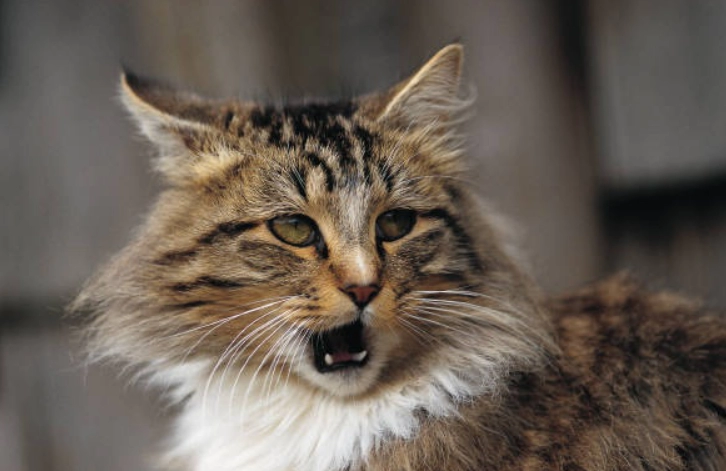
Most hiccups resolve within minutes, but prolonged or frequent episodes demand attention. Here’s your checklist:
Duration: Hiccups lasting more than 24 hours.
Associated Symptoms: Vomiting, lethargy, or loss of appetite.
Unusual Sounds: Gurgling or wheezing alongside hiccups.
Dr. Emily Lang’s 2012 study on esophageal reflexes in cats found that rapid gastric distension (from overeating) can mimic serious conditions like supragastric belching—a rare disorder where air is expelled before reaching the stomach. If your cat’s hiccups feel “off,” trust your gut and consult a vet.
Solutions That Work: From Home Remedies to Veterinary Care
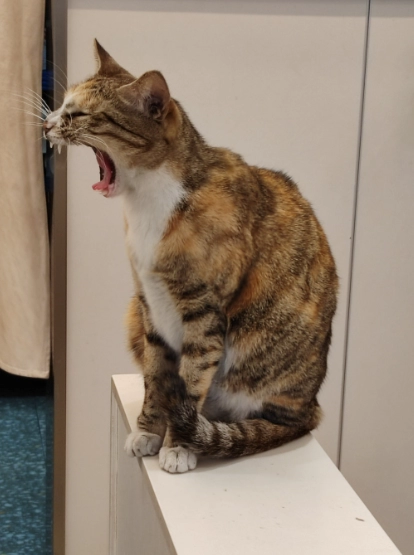
Immediate Relief Tactics
Warm Water and Gentle Massage: Offer lukewarm water to relax the diaphragm. Massaging the throat area can ease spasms.
Distraction Therapy: Engage your cat with a feather wand or laser pointer. Redirecting their focus interrupts the hiccup cycle.
Long-Term Prevention
Diet Adjustments: Switch to high-fiber, easily digestible food. Avoid cheap fillers like corn or soy, which ferment and produce gas.
Hydration Stations: Cats prefer running water. Invest in a fountain to encourage drinking and aid digestion.
Stress Management: Use pheromone diffusers (e.g., Feliway) in high-anxiety environments like vet visits or moving days.
The Bigger Picture: How Feline Hiccups Reflect Overall Health

Your cat’s hiccups aren’t just a random event—they’re a window into their well-being. For instance, research from the University of Pennsylvania’s School of Veterinary Medicine (2025) found that cats with chronic hiccups often had undiagnosed food allergies or inflammatory bowel disease. Regular check-ups and bloodwork can catch these issues early.
Final Thoughts: Empowering Cat Owners Through Knowledge
Watching your cat hiccup can be unsettling, but armed with the right information, you’re no longer a helpless bystander. Remember: Most hiccups are harmless, but vigilance saves lives. Share this guide with fellow cat lovers, and let’s build a community where every purr and hiccup is understood.
For more feline health insights, explore CatCareLab’s Kitten Care Handbook or join our live Q&A sessions every Thursday. Because when it comes to our cats, knowledge isn’t just power—it’s love in action.


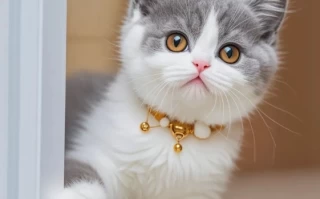
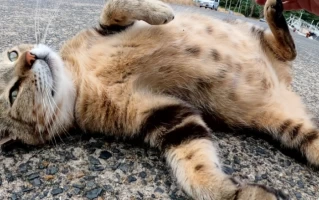
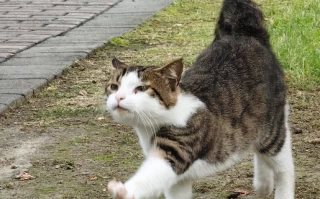
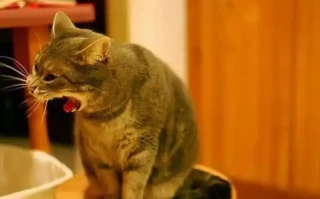
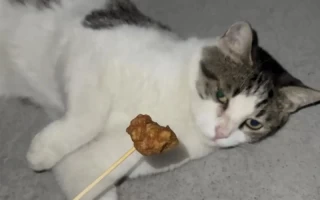
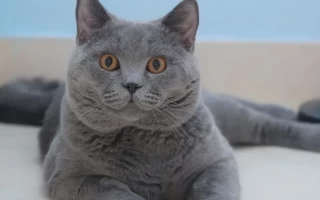
No comments yet, come on and post~